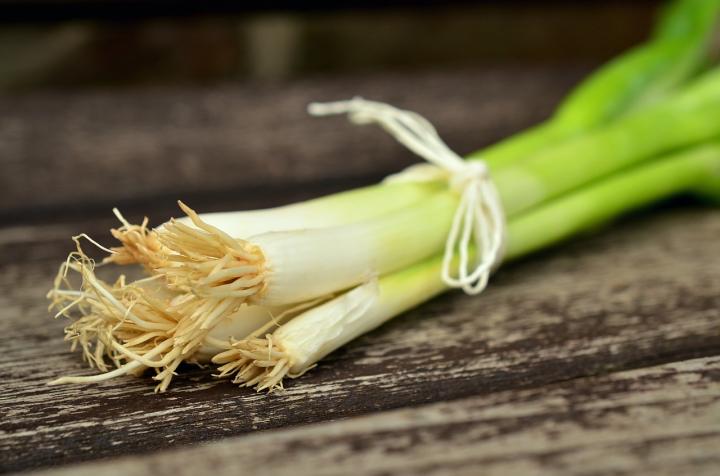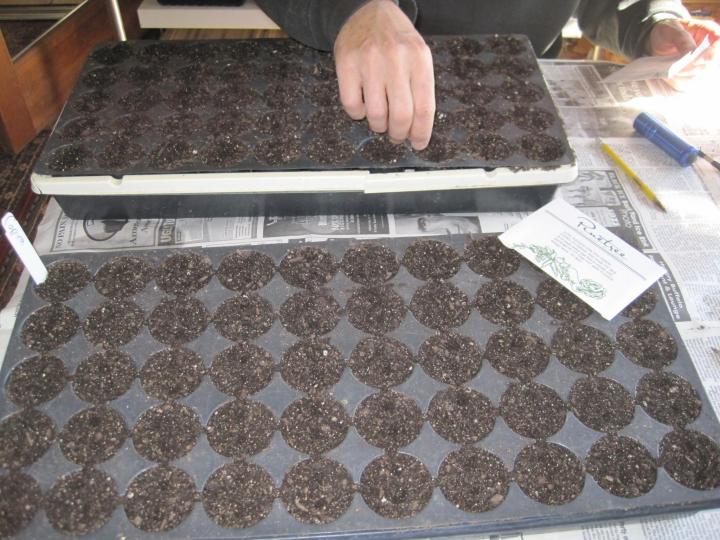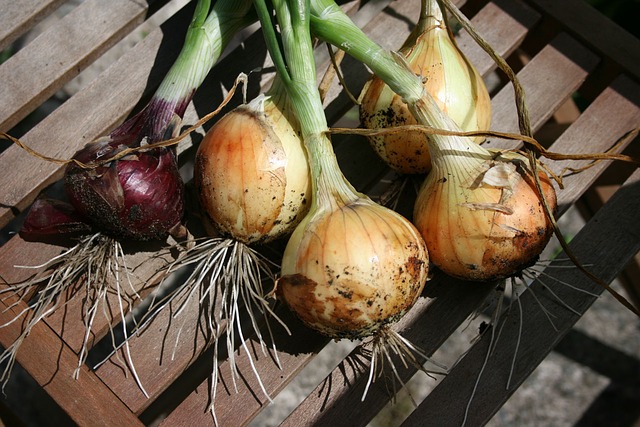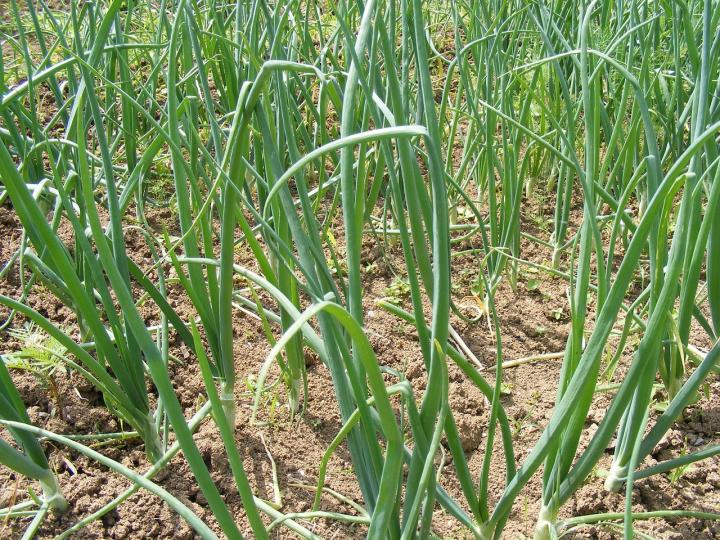






Seed starting has begun at our house and the first vegetables we start from seed indoors are the onions and shallots.
Sure, we could just buy onion sets and plant those but there is not a wide choice of varieties available as sets—mostly ‘Stuttgarter’ or ‘Ebenezer’ and often they form a thick-necked onion that wants to go to seed instead of forming nice, firm bulbs.
Growing from seed offers the widest range of varieties: reds, yellows, or whites; round, flat, or long; mild and sweet or pungent and tangy.
Onions grown from seed keep better than those grown from sets and are less likely to go to seed.

Onion seeds need to be started indoors in cold climates like mine because they need soil temperatures above 50 degrees to germinate. We plant 2 seeds per cell and grow them inside until the weather has warmed up enough to plant them outside. It is easier to separate two plants and transplant them than if we started the seeds in a crowded community flat and had to tease lots of plants apart before planting them outside.
Onions are photoperiodic which means they are sensitve to the amount of daylight they receive. When days last 12 hours or more, leaf production stops and bulbs begin to form. Since the farther north you go the longer days are in the summer, different varieties of onions have been bred for different parts of the country. Should you plant long day or short day onions? Imagine a line running across the country from the border between North and South Carolina to San Francisco (roughly 36 degrees latitude). If you live north of that line, plant long day types; south of that line, short day onions will do best for you.
Some good long day onions are:
A few good short day onions are:
Day-neutral onions don’t care about day length and will produce an excellent crop in any part of the country. Some catalogs refer to them as intermediates.
Some good day-neutrals are:

All onions appreciate an early start since temperature and day-length trigger bulb formation. Cool weather encourages heavy leaf growth so it is important to get your onions growing before warm weather hits. Young onion plants will not be harmed by light frost.
In the South, onions can be planted in the fall and overwintered to give them a headstart on the growing season. Since they continue to grow throughout the winter, they will be ready for harvest in May.

Onions prefer sweet fertile soil with near neutral pH and need lots of sunshine. The sulfur that gives them their bite comes from sulfur in the soil. Since they are shallow rooted plants, keep them well weeded and use mulch to keep the soil cool and moist. Onions grow best if planted where lettuce or squash grew the previous year but do poorly if they follow a cole crop.
They may be known as stinking lilies but onions are an essential ingredient in every cuisine and no good cook would be without them.
Copyright © www.100flowers.win Botanic Garden All Rights Reserved